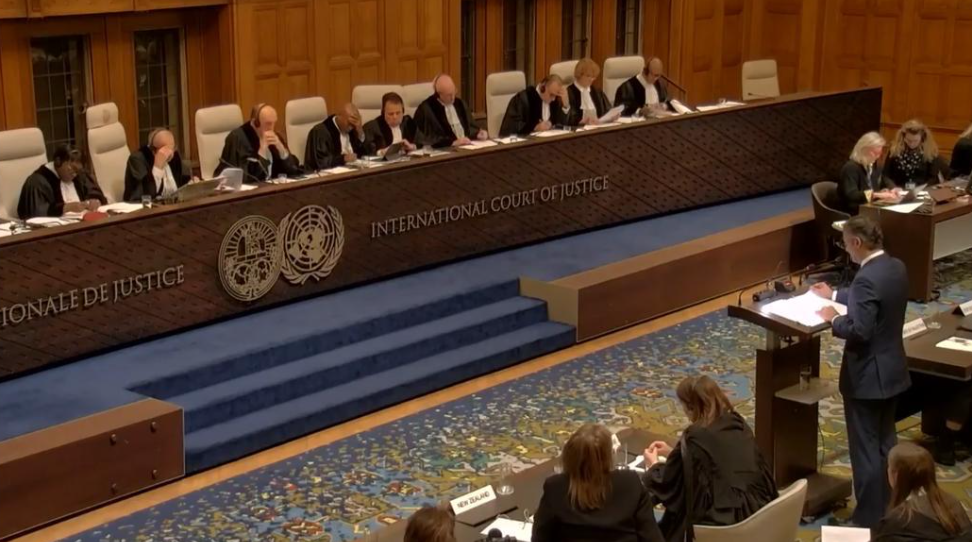SAN FRANCISCO: The International Court of Justice (ICJ) held a hearing at The Hague on ‘States’ Responsibilities on Climate Change’. Nauru, New Zealand, Nepal, Palestine and Pakistan shared their standpoints on climate change and its disparate impact on some countries.
Pakistan was represented by Attorney General of Pakistan (AGP) Mansoor Usman Awan, who outlined the serious impacts of climate change on Pakistan’s population and economy.
Part I: True cost of coal-powered electricity – a closer look at the hidden damage
“The 2022 floods submerged a third of the country, affecting 33 million people,” AGP Awan said during the proceedings, adding that the estimated cost of reconstruction due to the floods has exceeded $16 billion.
Mansoor Awan said that despite the fact that Pakistan’s share of global greenhouse gas emissions is less than 1 per cent, Pakistan is facing 15 times more losses than other countries due to the impacts of climate change.
We are the first generation to feel the effects of climate change and are undoubtedly the last generation that can do something about it.
AGP Mansoor Usman Awan
The Paris Agreement under the United Nations Framework Convention on Climate Change is the primary framework for focusing on environmental responsibilities, the attorney general noted, saying that the climate obligations should be consistent with equity and differentiated responsibilities and related capabilities, “including climate finance, mitigation and cooperation”.
He recommended Pakistan’s viewpoint that disputes over treaty obligations should be resolved through mechanisms established within those treaties. “The obligation to mitigate climate change is consistent with treaty obligations that are part of applicable law”.

The obligation to mitigate climate change applies to a variety of harms, such as greenhouse gas emissions, he added.
During his speech at the ICJ, the AGP said, “Many countries that are combating greenhouse gas emissions are parties to the United Nations Framework Convention on Climate Change, the Vienna Convention for the Protection of the Ozone Layer, the Convention on Long-Range Transboundary Emissions. However, the claim that the United Nations Framework Convention on Climate Change and the Paris Agreement constitute lex specialis is false”.
Part-II: True cost of hydropower – the underbelly of Dasu dam
“These treaties do not remove the strictest obligations under international law,” Mansoor Awan said, adding that the ‘responsibility to prevent’ begins when a country has “necessary knowledge” of the harmful effects of its activities.
“In the context of greenhouse gas emissions, claiming ignorance is no excuse,” he said, adding, “We are the first generation to feel the effects of climate change and are undoubtedly the last generation that can do something about it.”

